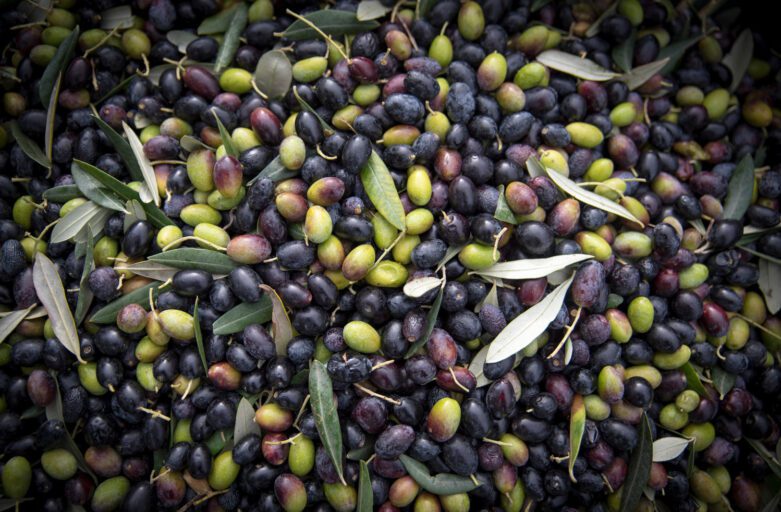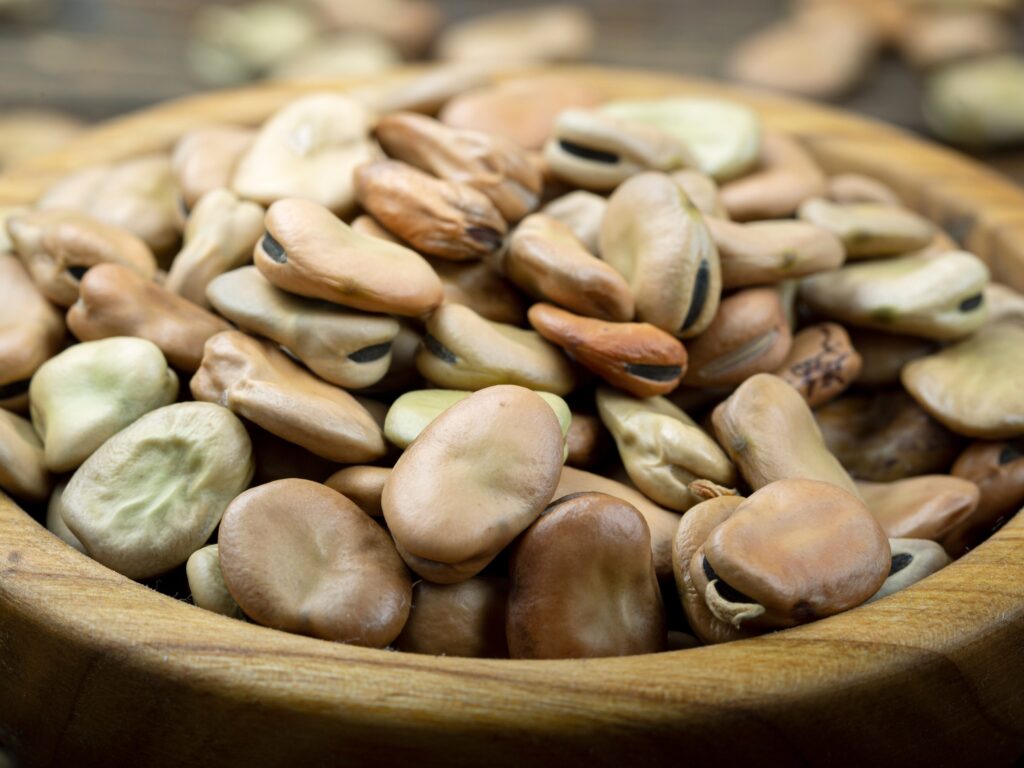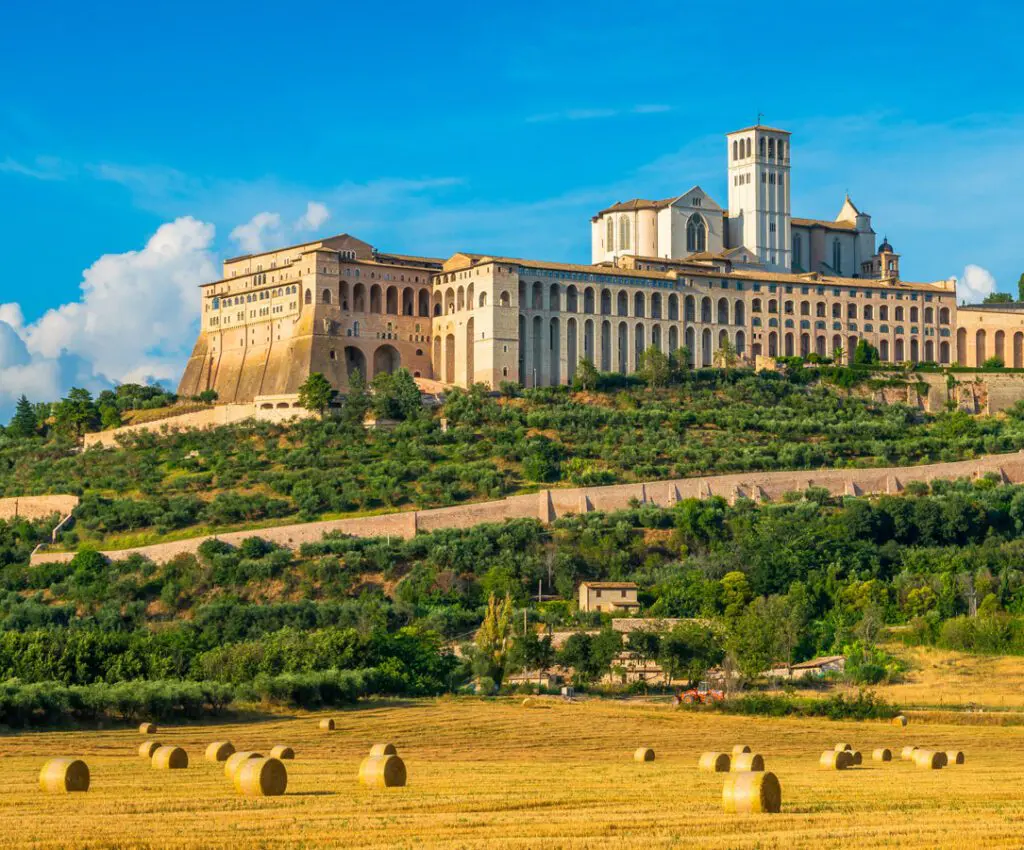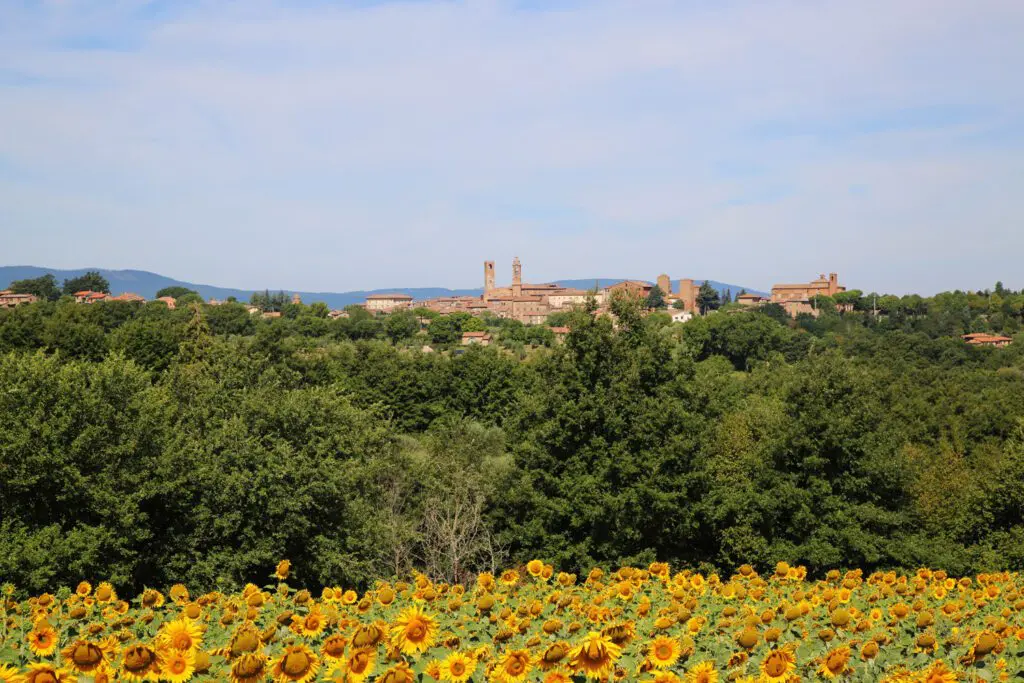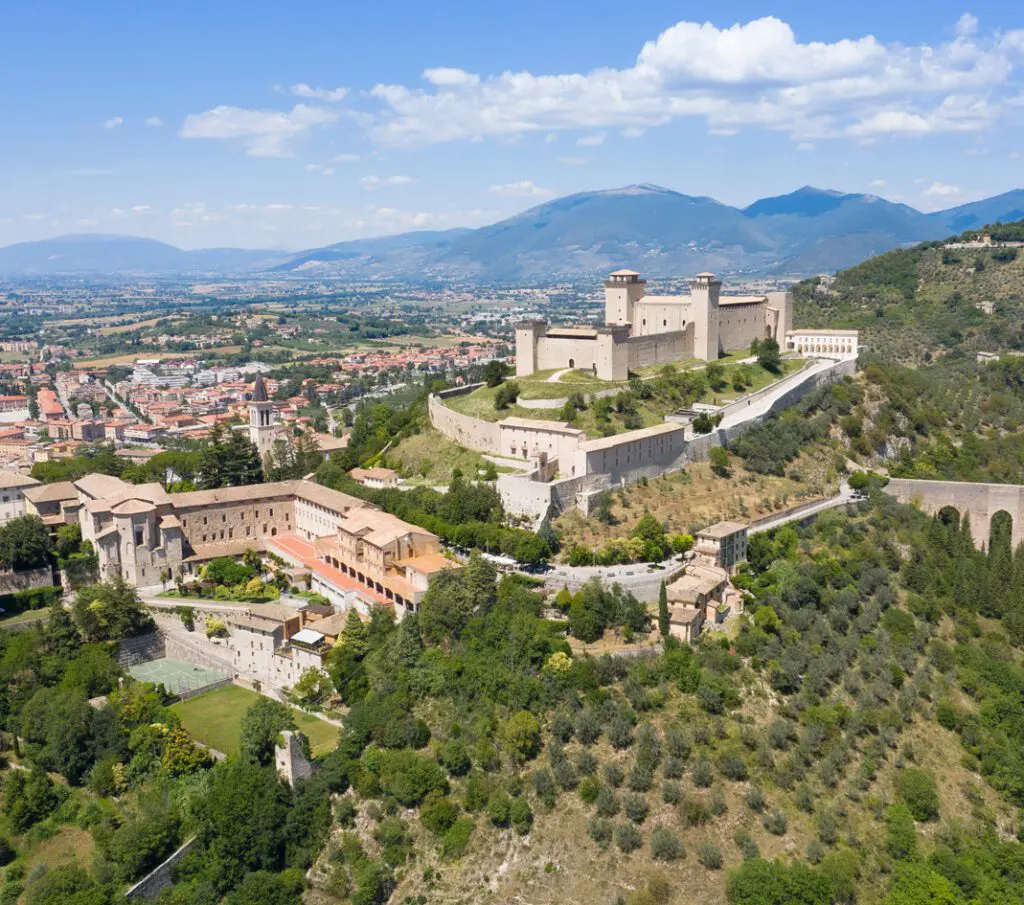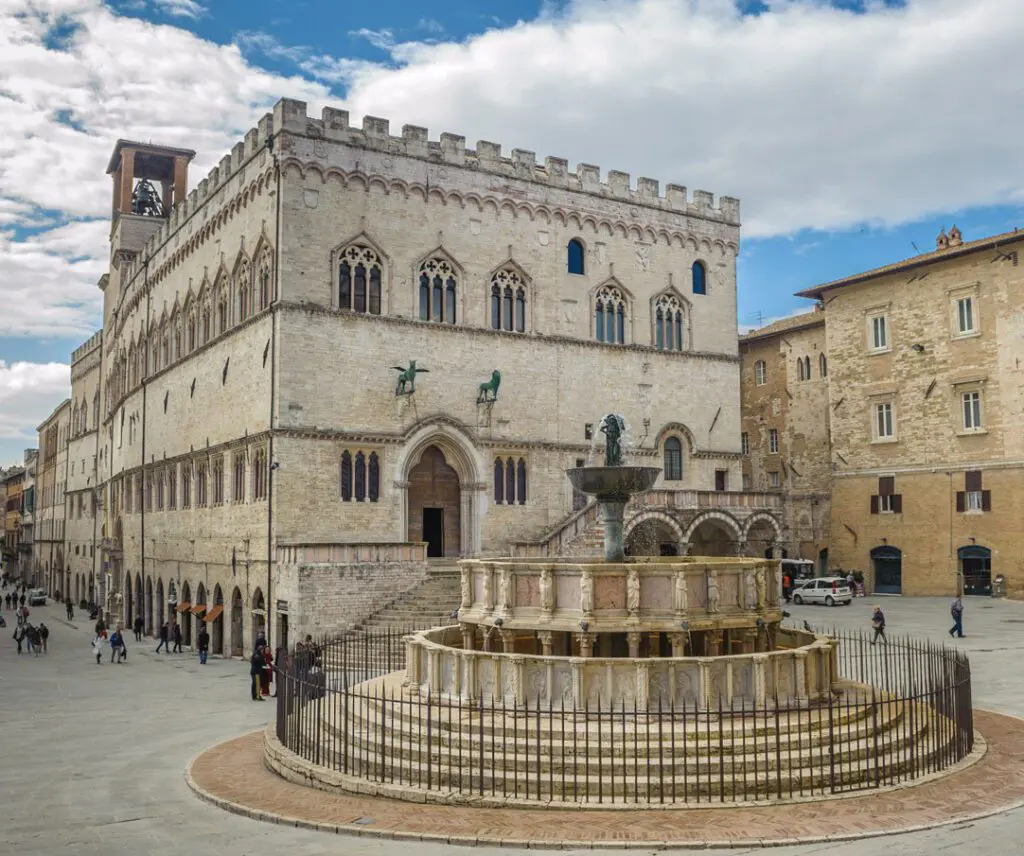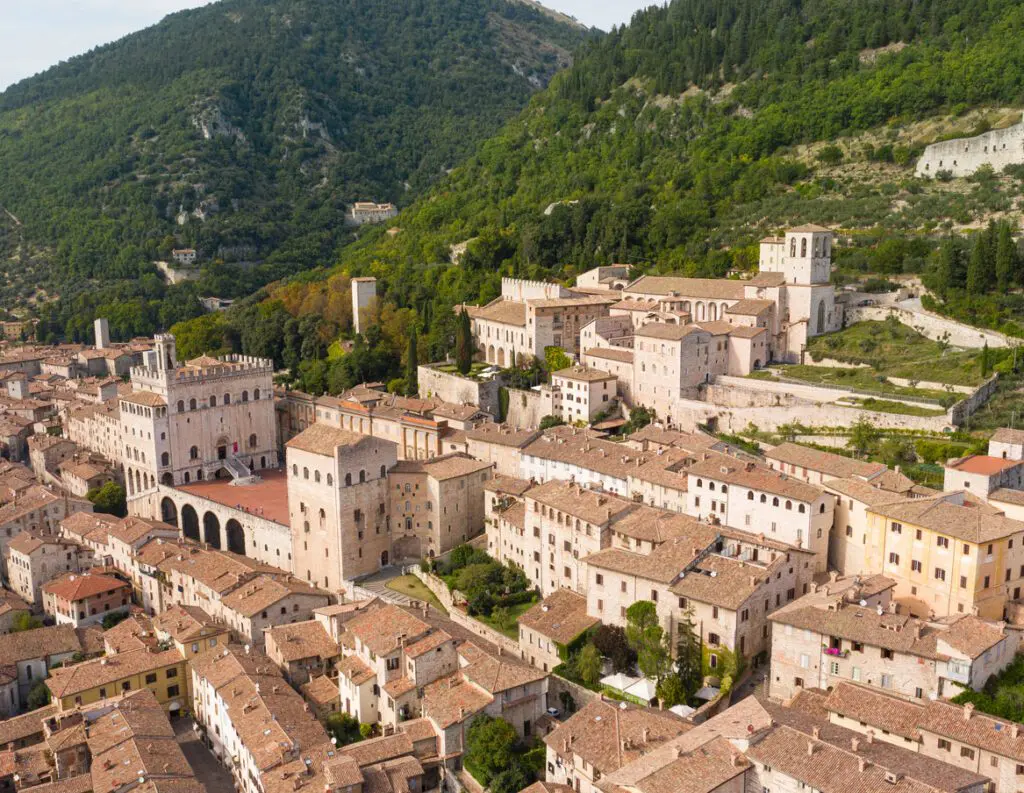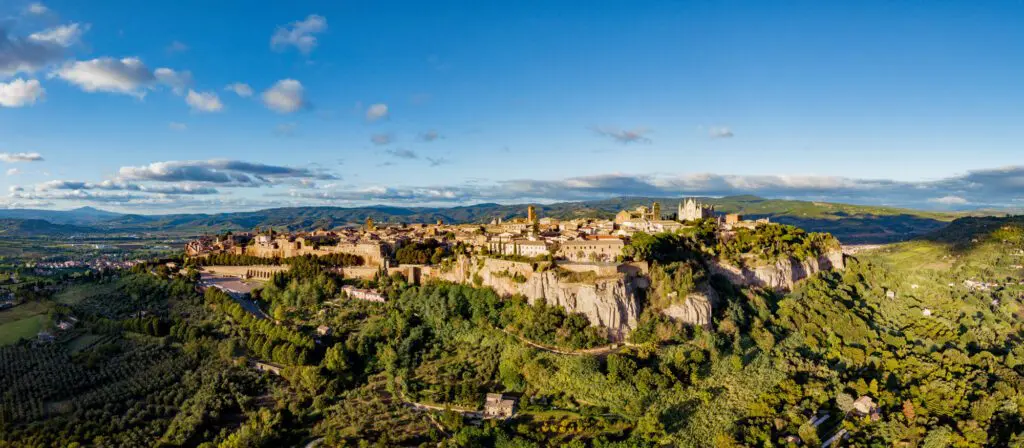Olive Trees in Umbrian Landscape
Umbria is a small Region, that can be crossed through in one hour by car. Its aesthetic mark is a deep harmony between small Medieval towns and hills covered with woods and tilled fields. Few people may resist the spell of these lands, which can not only raise admiration because of their beauty, but also a wish to live here as having discovered a perfect place.
The protagonist in such a natural setting, made even friendlier by human labor, is surely the olive tree. In every corner of Umbria it will be possible to spot the silver tint of its leaves, to the extent that it has become a symbol and a reason for pride to the whole Region. Its importance is also due to the major culinary and economical role of the fantastic oil it gives – a very precious treasure, as all people who grew here well know. In fact, especially in the fittest areas, no country family lacks olive trees, with their respective extra virgin oil.
Oil, a King in Umbrian Cuisine
To Umbrians, oil means Nature's open-handedness, a miracle to be yearly repeated, and that is inset deep in their cultural identity. No traditional dish lacks oil as a basic ingredient, or even the absolute protagonist. The most common varieties are called Leccino, Moraiolo, Frantoio. The taste of Umbrian oil is intense, often pungent. Sometimes, so pervasive that it will radically change the original taste of both meat and vegetables. Indeed, the best way to enjoy it is in very simple dishes like wild vegetables or unsalted bread, slightly reworked as bruschetta (seared, and rubbed with garlic, in case).
Umbria is full of olive-presses. So, from Lake Trasimeno to Spoleto, it will be easy to buy olive oil directly from the producers
Much More than Food
Visiting olive-growing farms in Umbria will make you familiar with the millennial art of grinding, and let you meet whole families with a passion for beating down and transforming their olives. It will be a delightful experience to listen to those people when they speak of their product, the joy they feel when they see the “fruit” of their labors – though fully aware that the main part of the job was done by Nature. And then taste the oil, maybe novello, the “new” one, made immediately after the picking: its very color will thrill you with its intense green, as well as the natural echoes in its smell, and its unique taste. Those who are accustomed to industrial products cannot guess the hues and differences between olive oils – and Umbria's is unmistakable.
By going directly to a farm, or a restaurant where the oil variety is carefully chosen, you will partake in a sensory tour that will unveil a dimension of taste unknown to many people
